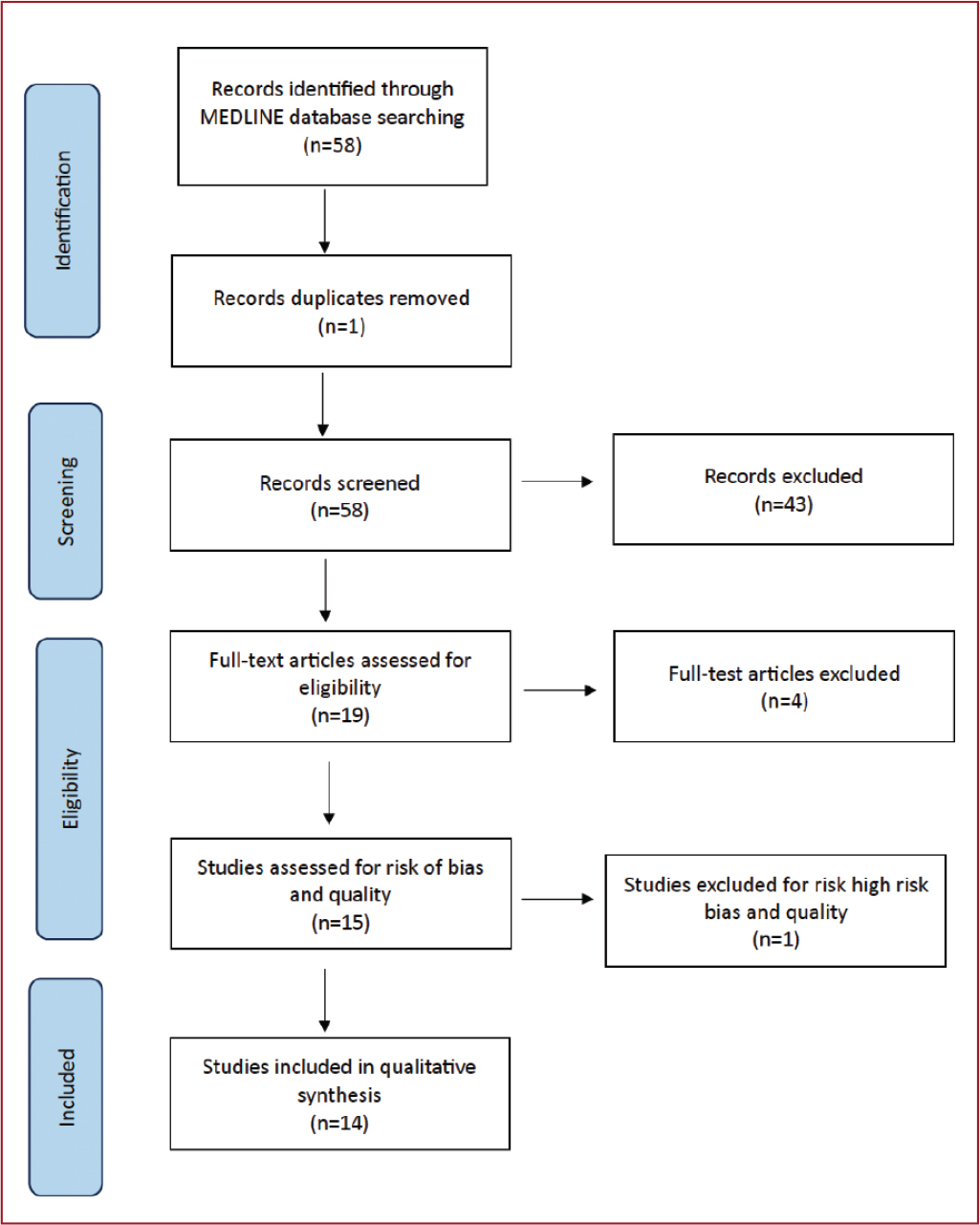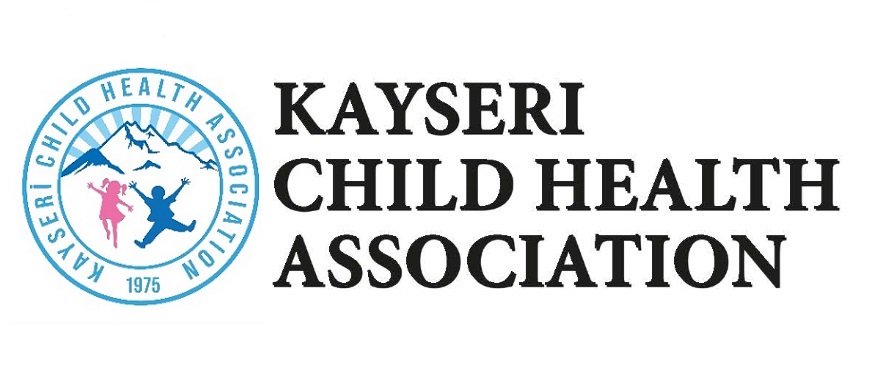Advancing Pediatric Epilepsy Care: Efficacy and Mechanisms of Melatonin Intervention
Melatonin in Pediatric Epilepsy: A Systematic Review
DOI:
https://doi.org/10.4274/jpea.2024.311Keywords:
Melatonin, melatonin receptors, pediatric epilepsy, seizure management, sleep disorders, antiepileptic therapyAbstract
Seizures and epilepsies pose significant challenges in pediatric populations, necessitating precise classification and effective management. The International League Against Epilepsy updated its classification system in 2017 to standardize epilepsy care. This study investigated melatonin, a neurohormone known for its role in circadian rhythm regulation, and its potential to enhance the diagnosis, management, and quality of life of pediatric epilepsy patients. Following the Preferred Reporting Items for Systematic Reviews and Meta-Analyses guidelines, a systematic review was conducted to explore the relationship between melatonin and pediatric epilepsies. PubMed searches were performed using specific search terms, with eligibility criteria including studies on melatonin’s pathophysiological, biochemical, and therapeutic effects in pediatric epilepsy. Studies involving patients aged 0-18 years were published between 2003 and 2023. Four-teen studies with 898 pediatric patients were included. Melatonin was administered as an adjunct to antiepileptic therapy with the aim of alleviating disorders associated with epileptic encephalopathies or assisting electroencephalogram procedures. Findings were varied: Some studies indicated a reduction in seizure frequency with melatonin, while others provided inconclusive results. Improvements in sleep disorders related to epilepsy were noted with melatonin supplementation, which indirectly enhanced the overall quality of life. Melatonin has potential as an adjunctive therapy for pediatric epilepsy, with positive effects on seizure frequency and sleep quality. However, methodological limitations in some studies and inconclusive data underscore the need for further research to determine the efficacy of melatonin in pediatric epilepsy management. The diverse potential of melatonin in treating neurological disorders highlights the importance of continued, comprehensive research into its therapeutic application.

Downloads
Published
How to Cite
Issue
Section
License
Copyright (c) 2023 The Journal of Pediatric Academy

This work is licensed under a Creative Commons Attribution-NonCommercial-NoDerivatives 4.0 International License.








